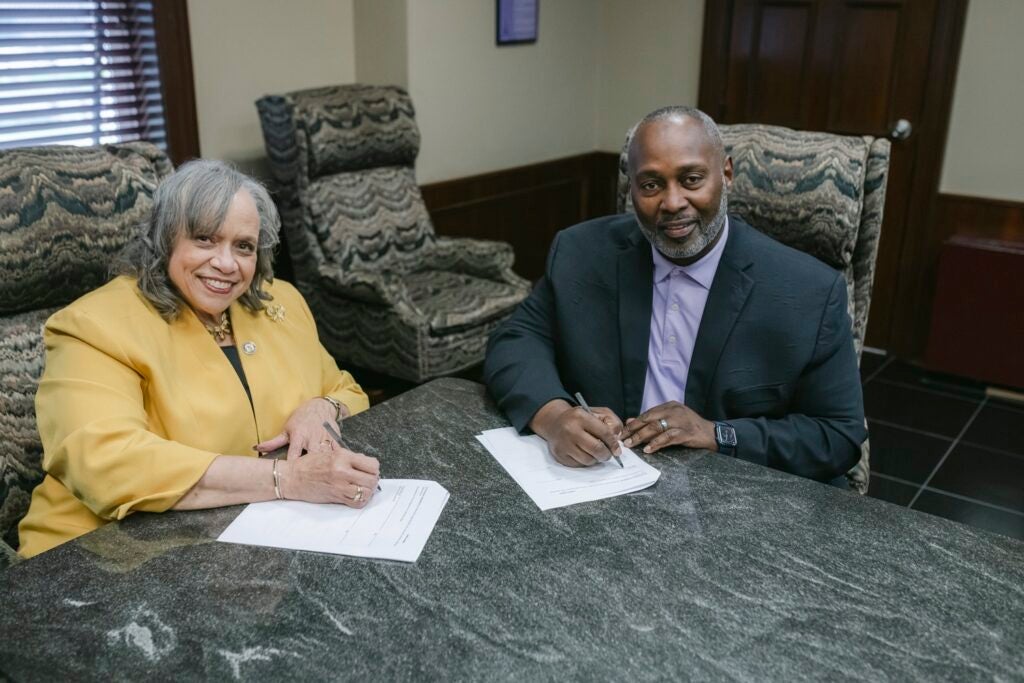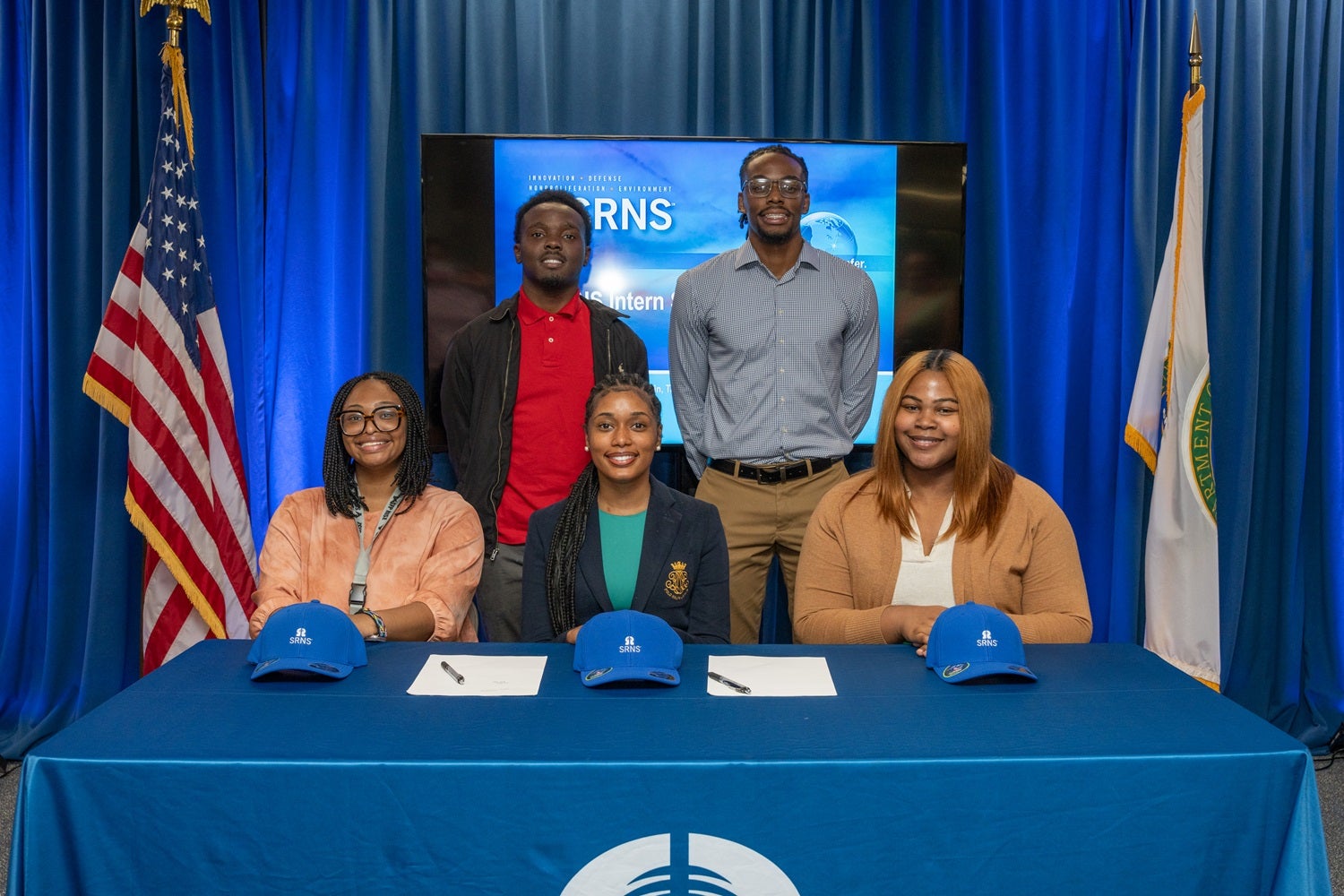Savannah River Nuclear Solutions (SRNS) has recently announced that they have developed partnerships and agreements with regional colleges and universities.
Nine memorandums of understanding (MOU) agreements formed between SRNS and historically Black Colleges and Universities (HBCUs) to create new job opportunities for traditionally underrepresented students and alumni.
MORE: Augusta mayor’s expense reimbursement critiqued, general counsel search slowed
“SRNS primarily supports regional HBCUs by facilitating the development of institutional capacity,” said Anitra McManus, SRNS human resources specialist. “We also offer professional development opportunities, maintain a strong campus presence, and increase work-based learning opportunities for eligible students.”

Since McManus’s arrival in 2020, she has worked to enhance students’ readiness for the workforce. She has facilitated 275 student resume revisions, conducted 35 professional development workshops, and visited 30 college campuses.
“As a result of these efforts, we have noticed a substantial increase in the number of qualified applications and new employees from HBCUs over the last three years,” said McManus. “In total, SRNS has successfully onboarded 55 HBCU candidates into its work-based learning programs and hired 87 full-time employees.”
J’von Gilmore, a SRNS project controls intern, has recently graduated from South Carolina State University and was one of four HBCU interns to receive a full-time job offer.
“I learned about the SRNS internship opportunity at a job fair held at my university,” said Gilmore. “In this role, I have gained valuable connections with industry leaders and became more confident in my skills. I am ecstatic about my full-time job offer and can’t wait to transform into my new in Project Controls.”
Through a partnership between colleges and universities and SRNS in the form of internships, apprenticeships, and recruitment help the future of SRNS workforce. They currently partners with nine states, 33 colleges and universities, and 14 minority serving institutions.
“Over 35% of the current SRNS workforce are graduates from our 33 partnering institutions,” said Sean Alford, SRNS executive vice president and chief of administration. “We aim to build an agile and competent workforce with varied experiences, backgrounds, and perspectives through these collaborative agreements.”









